It started with Narendra Modi announcing at a rally in October that “evrey Indian” regrets that Sardar Vallabhbhai Patel was not India’s first prime minister. “Had he been the first prime minister, the country’s destiny would have been different,” Modi said.
In championing the construction of a 182-metre high statue of Sardar Patel to be built on an island on the Narmada river at a cost of Rs 2,074 crore and to be called the Statue of Unity and in making Patel a part of his electioneering, Modi has contended that Partition was a Congress-committed “sin” and that “nationalist” heroes had been ignored to favour Jawaharlal Nehru.
Following the claims and counter claims to Patel’s legacy, a cover story in Frontline magazine says a ‘cabal of self-confessed Hindu nationalists" consistently talks up Patel, almost always in a face-off against Nehru, the latter the subject of “shrill denunciation”
Written by political commentator AG Noorani,the article argues now that those lauding Patel at this moment have a clear motive: “To discard Indian nationalism in favour of Hindu nationalism and what goes with Indian nationalism, its secular credo."
It was Mahatma Gandhi who picked Nehru over party boss Patel to be his successor. Despite Patel’s huge achievements as a party chief and as a funds collector, it was Nehru who was Gandhi’s choice.
The piece says, “Nehru was cultured and refined. Patel was coarse to a degree. Nehru had a world view. Patel was ignorant of world affairs. Nehru was great despite his serious flaws and grave failures. Patel was small and mean despite his admirable qualities. Nehru’s foreign policy was seriously flawed. But what an image he projected to the world for years as Prime Minister of newly independent India.”
Even Patel’s friends among the British diplomats could not deny his communal sympathies or his arrangements with RSS leaders, the article argues. It quotes from historical records, writings of various leaders and historians to paint a picture of a man who was “rabidly communal in his outlook”, a man whose dislike of Muslims hardened into “antipathy” towards them.
According to Noorani, in Hyderabad, Patel turned a blind eye to the massacre of Muslims, in Kashmir, he defended the RSS when Nehru complained of its activities; in post-Partition Delhi, he insisted that there was widespread anger about Muslims being allowed to go about openly in the streets, eventually going on to protest Nehru’s view that Muslim refugees who evacuated their homes should be allowed to return. Even in inviting the Hindu Mahasabha and RSS to join the Congress, Patel is reported to have said those who “ride on two horses” will have to go to Pakistan.
“Would such a man have brought lustre to India’s reputation in the world? And what kind of legacy would he have bequeathed to a newly independent India in its formative years? What kind of vision would he have projected to inspire our plural society with its composite culture and rich traditions? Patel was, instinctively, pro-industrialists and unsympathetic to labour. His vision was narrow; his concerns were limited. As Nye noted, he was intolerant of dissent. Let alone communists, even the Congress Socialist Party received short shrift from him. He was the quintessential Hindu communalist.”
Read the full report in Frontline here.


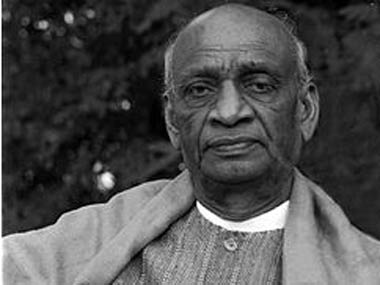)




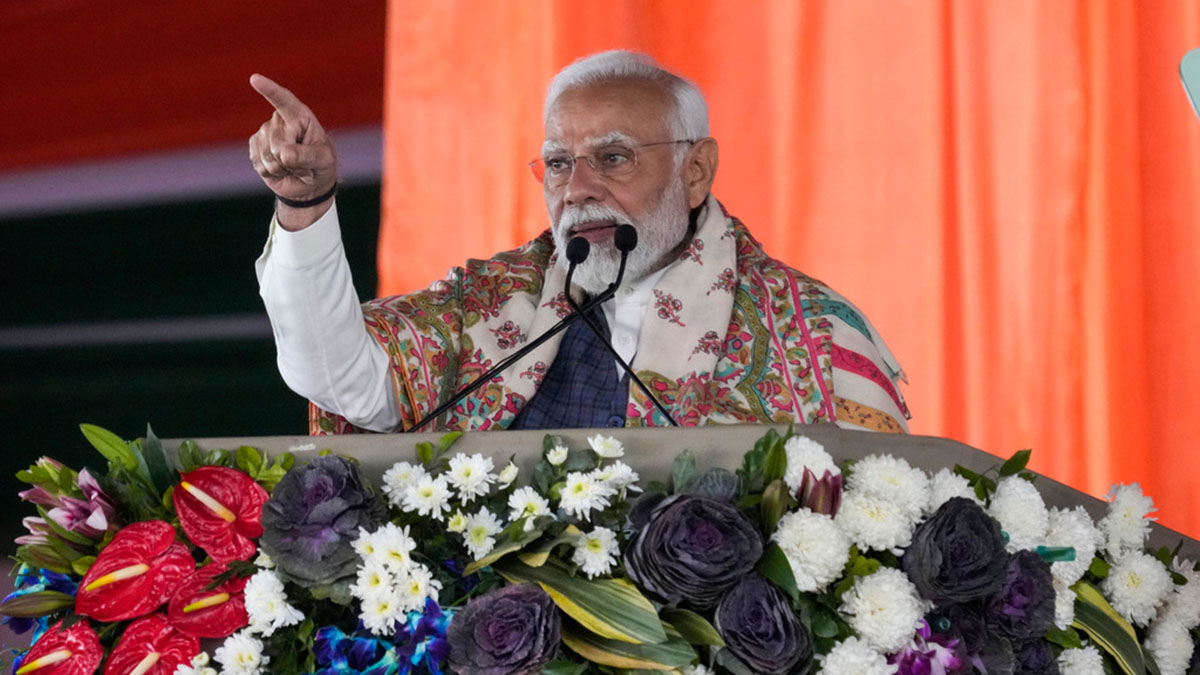)
)
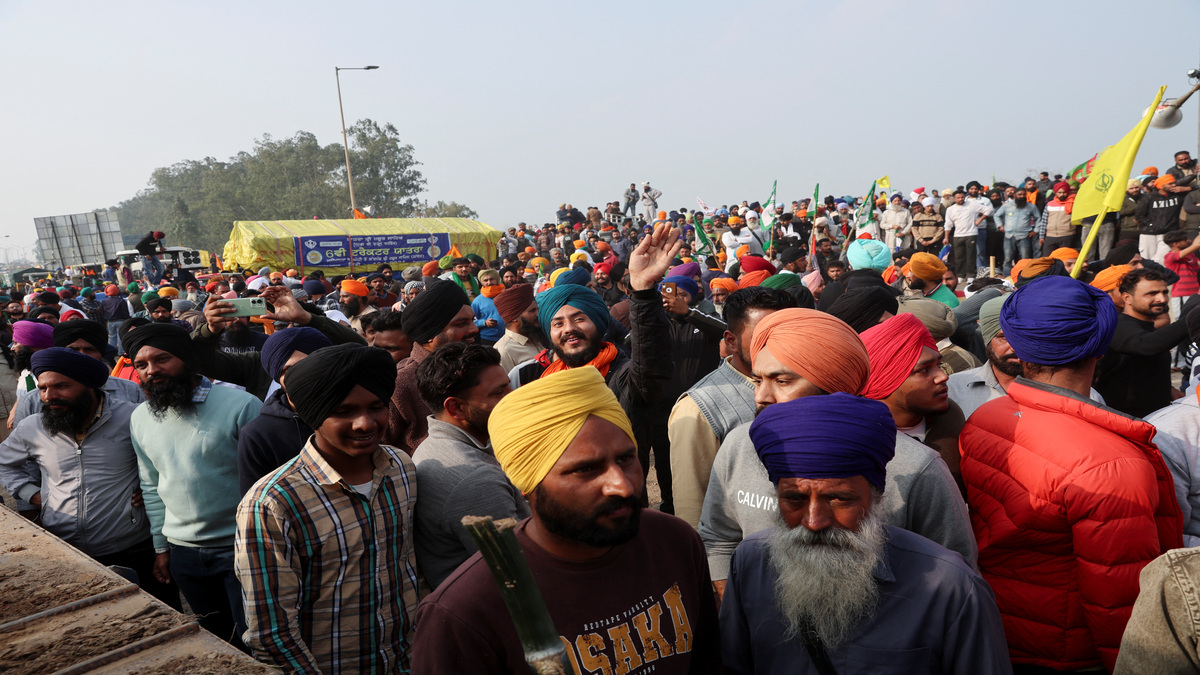)
)
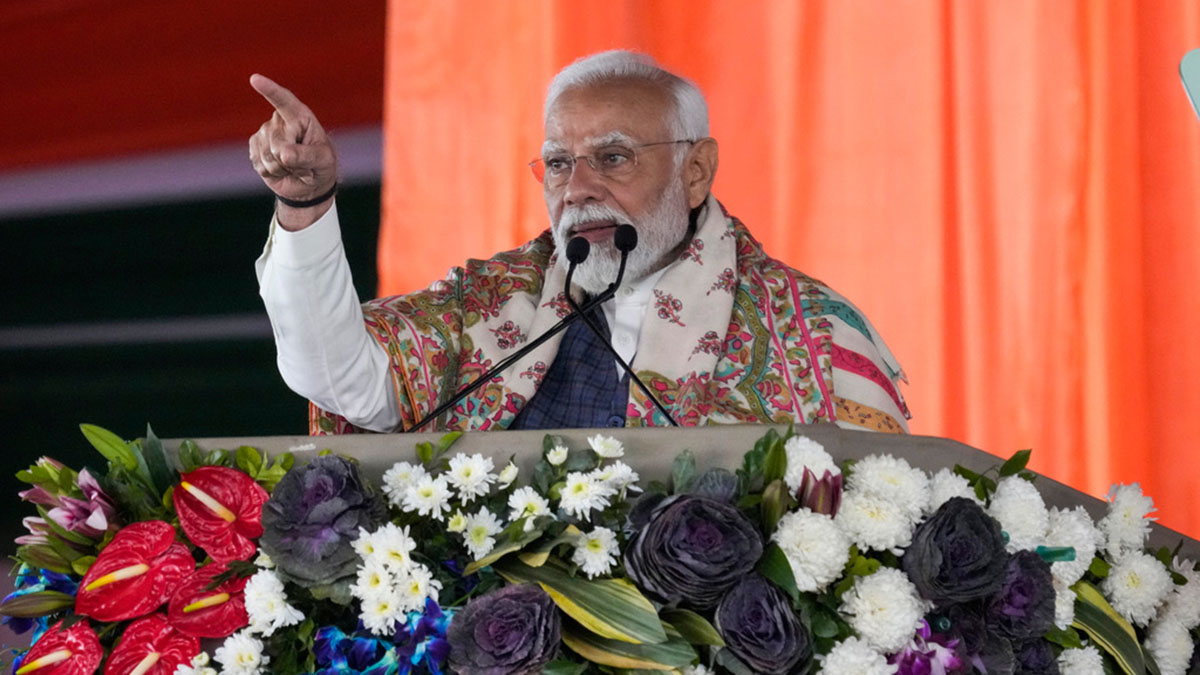)
)
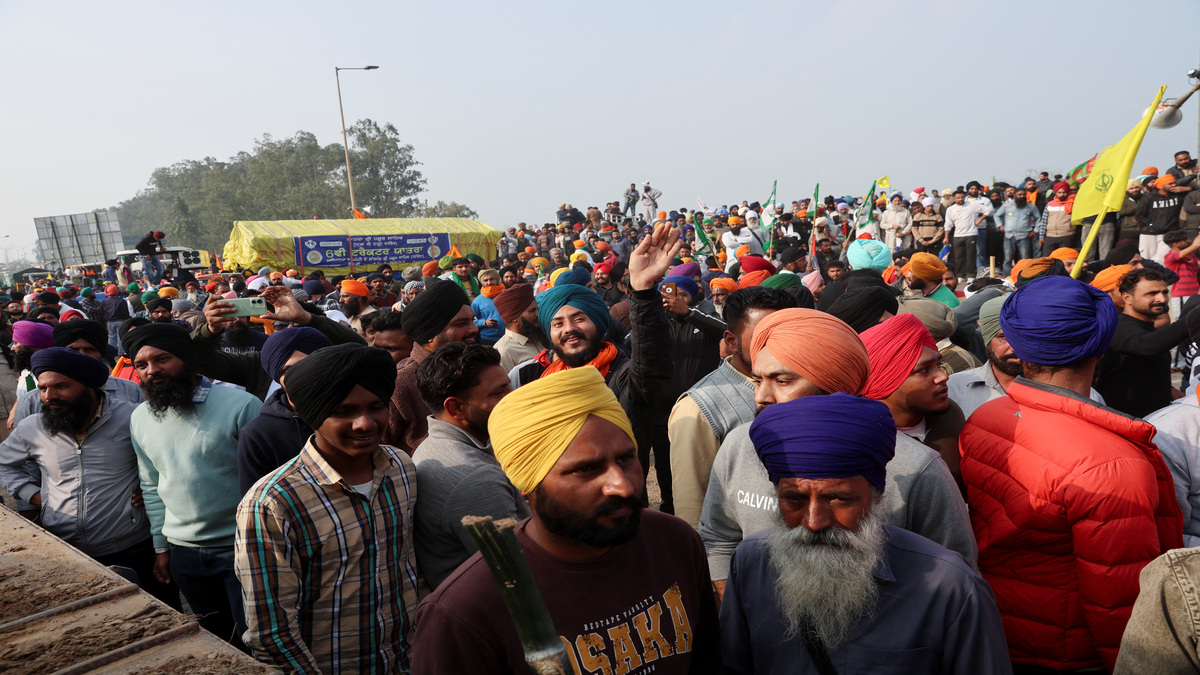)
)